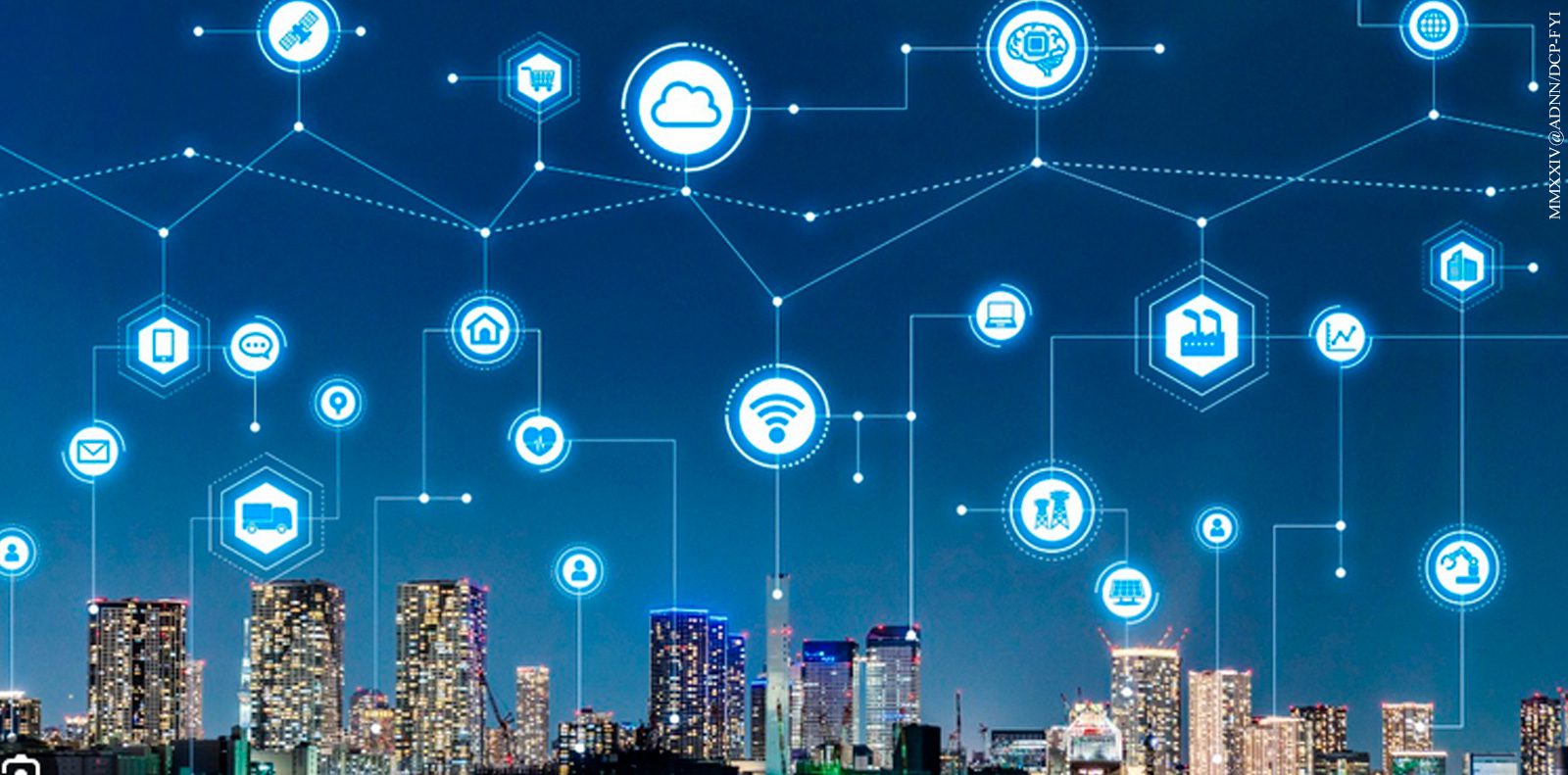In a panel mediated by Diógenes Lucca, a specialist in public safety, Col. Marcus Belchior Correa Bento, Chief Executive of COR – Operations Center – RJ, preferred to use the term “efficient cities” instead of “smart cities” to define those that have the capacity to predict, in other words, methods that can anticipate and prevent occurrences that could impact their communities.
According to him, by achieving this prediction, the city will become more efficient and, consequently, smarter, and the best way is to create operations centers integrated with official bodies such as the police and fire department, service concessionaires, transport modes and even private companies such as Google, so that this integration can generate indicators and methods for anticipating and preventing crimes or weather accidents. The expert argues that the municipal government should be part of the Security System and that municipal actions can contribute to reducing crime.
For another participant in the debate, Col. Pedro Borges, a reservist with the São Paulo State Military Police, crime prevention is the first step in public safety, as a duty of the state with public policies, as well as of each individual in its prevention.
For him, there is primary prevention, which involves the sociological factors that lead to crime, such as reducing inequality and basic education for more opportunities for all, the ecological perspective, which acts on the environment that generates crime, such as cleaning up squares and reducing street trading, with remote monitoring for quick and measurable support after the intervention, and also secondary prevention, in the field of state, municipal and civil policies, with police presence and prevention to deter crime.
Country manager of Xertica Brasil, Alfredo Deak Junior commented that the most important point of technology in public security begins with integration, saying that when remote technological sensing is created, significant crime reduction figures are obtained.
For the executive, integrating technology expands competencies and remote sensing helps, for example, to visualize vehicles, calls and acts of urban disorder absorbed by the emergency and ombudsman services, consolidating them in the Crisis Centre and spreading them more assertively on maps.
The use of artificial intelligence is also seen as extremely important by the specialist. According to Deak Junior, technology even makes it possible to analyze human feelings through the voice of the requester, for example, detecting the emotional condition or danger to which the victim is subjected. Combined with intermodal intelligence that integrates the information and agents involved, artificial intelligence can generate more classified and expanded information, increasing people’s perception of safety.
*** Translated by DEFCONPress FYI Team ***
